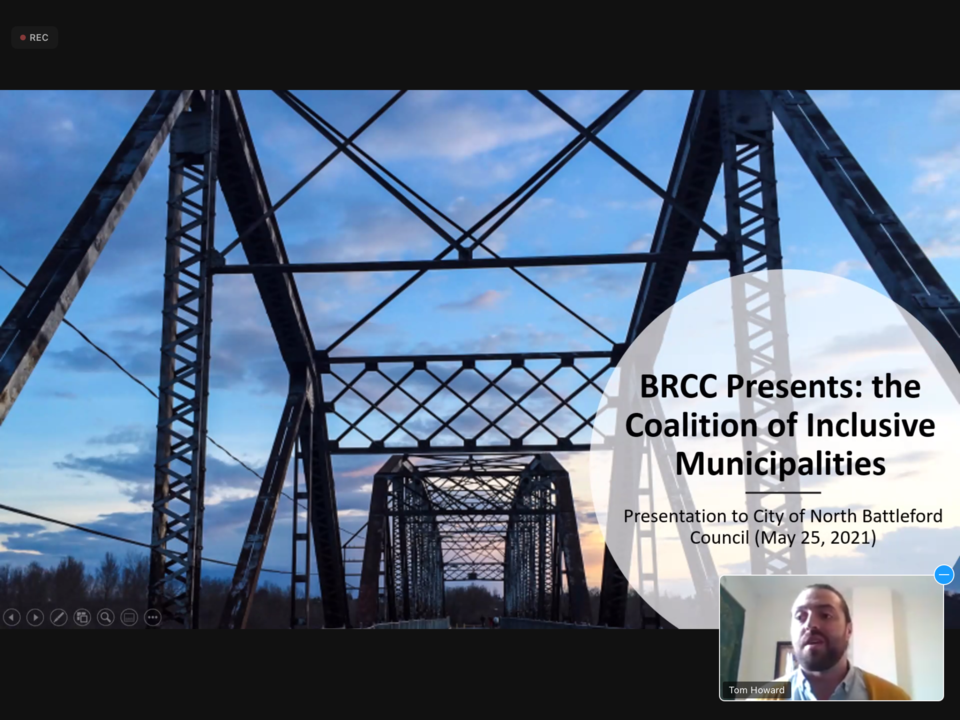Both the City of North Battleford and Town of Battleford have agreed to join the Coalition of Inclusive Municipalities.
The Coalition, or CIM for short, is described as a “network of local Canadian governments committed to the elimination of discrimination and building open and inclusive societies.” It was founded by UNESCO in 2005 as Canadian Coalition of Municipalities Against Racism and Discrimination.
All municipalities that join this coalition must sign a declaration where they agree to develop a plan of action to implement 10 “common commitments.”
These include increased vigilance against systemic and individual discrimination, monitoring discrimination in the municipality and taking action to address it, supporting individuals who experience discrimination, providing police services that are exemplary institutions for fighting discrimination, providing equal opportunities as a municipal employer, service provider and contractor and a number of other inclusivity measures.
To date, 82 cities are members of the coalition and three other Saskatchewan communities have already joined including Saskatoon, Prince Albert and Moose Jaw.
At their council meeting May 17, Battleford town council passed a resolution to join the coalition and sign the declaration. At that meeting Battleford Mayor Ames Leslie said he agreed “we needed to walk the walk and talk the talk,” and called it a first step for those in racialized communities to “understand we are truly an inclusive and diverse community.”
City Council in North Battleford passed a similar resolution at their Tuesday meeting calling for the city to join the coalition, sign a declaration and draft a plan of action.
Prior to that vote, council heard from Tom Howard from the Battlefords Regional Community Coalition, talking about the benefits of joining CIM. He cited the need to address racism in the Battlefords community.
He described “racism’s deep history in the region,” citing a Maclean’s piece by Peter Gzowski from 1963 which had characterized North Battleford as “Canada’s Alabama.” He also pointed to the racist posters with the expression “White Lives Matter” that had been seen in the city earlier this year, posters that were denounced by civic leaders.
While Howard acknowledged the CIM isn’t a total solution, it is “an important first step in addressing racism in the region.” He said it would send a strong “counter-message,” to those racist posters, that shows the municipality is willing to take the issue seriously to the extent of building policies.
“The public signal that gets sent by joining the coalition is reason enough to do it,” said Howard. But the plan of action that gets developed in the process of joining CIM was an important document as well, he said, so that “future rounds of policy development in the city are grounded in real ideas around equity and inclusion.”




